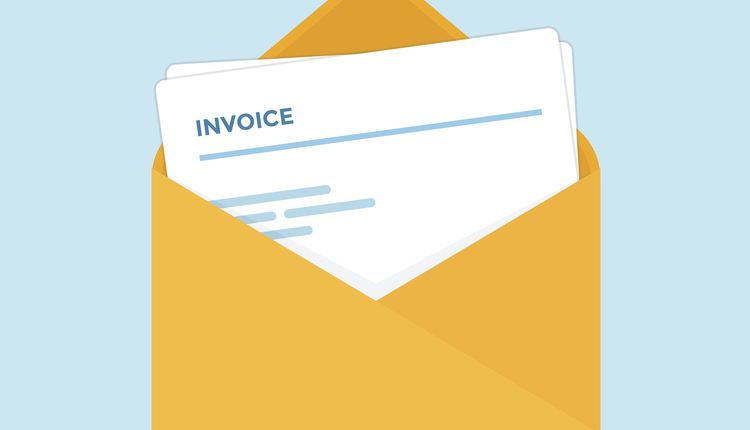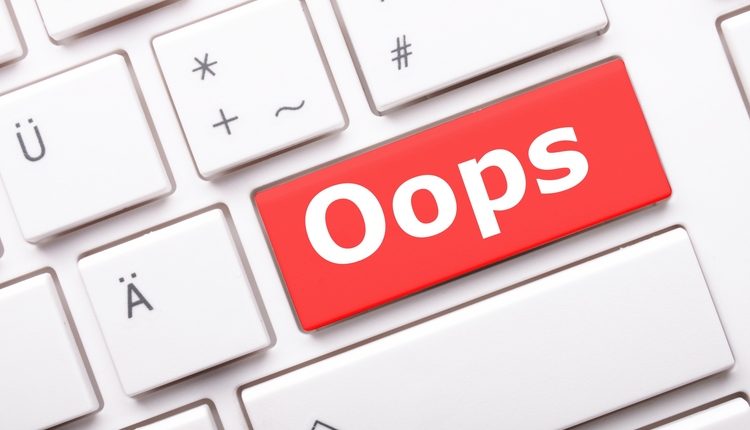This article originally appeared in our July/August issue
Freight charges can represent up to 10% of a company's total costs. Fuel surcharges and fees drive that cost even higher, and we trust that what our contract says is what our invoice hears. In the world of transportation cost management, auditing invoices can become a clerical routine that gets pushed to the “to-do” pile. But Freight Bill Audit and Pay (FBAP) is a key part of a company’s supply chain and should be seen as intelligence, not inconvenience. Some companies opt to manage FBAP internally — others outsource freight payment. Is one way better than the next? How do we outsource a process so inherently internal?
The process is actually quite simple. The freight payment company receives the freight bills directly from the client’s carrier(s). The bills transmit via paper or EDI (electronic data interchange) and enter into the freight company’s system — seamless and instant visibility (albeit paper is as instant as manual entry allows). EDI opens up many online reports — carriers provide us business intelligence; we just need to know where to look to find our negotiating leverage.
As the data enters the system, the audit begins. What does an auditor review? The general assumption is late packages, which is true but very shortsighted. We want our outside partner to pre- and post- audit. Generally, the auditor is also experienced as your negotiator. But we don’t want someone touching our agreement who hasn’t performed due diligence in understanding our account to date. We want the pre-audit done to ensure linkages are complete, revenue trends are consistent, and tariffs are correct. We want our post-audit to verify any changes made to the invoice or agreement are effective, including a change in rates.
Auditors are also looking for errors in mileage, fees, fuel, duplicate payments (did you generate a label and not use it? You may have been charged for that label even though it didn’t leave the dock.) Once the data is reconciled, the invoice is paid. Who pays depends on the service you selected. Freight Audit companies generally don’t pay the bills — they verify the charges. The responsibility of paying the invoice is with your company. FBAP includes paying on your behalf. If payment is important, you’ll want to confirm with the company prior to signing a contract (and if they audit globally as well).
So where is the business intelligence part of this service? We want to know the ROI if we agree to outsource something that seems like pennies in savings. Let’s do some quick math. The cost for a company to internally process and pay invoices is about $12. Shifting that expense to a consultant will reduce that $12 by 7-10%. Reduce by another 2-4% for the actual audit — the pennies quickly add up to dollars. This is your money being recovered. Most clients see audit savings between 3-5% on their total freight spend. And, unlike negotiations where the shipper does a bit of the heavy lifting to earn the savings, with the audit once the consultant has access to the data, the savings—not busywork — become routine.
The intelligence has always been there — we just may not know the where and what of our data. This is what the auditor provides. No secret engaging with an outside auditor will come with its own cost, generally in gain share or transaction based agreements. So, we want to feel good any risk is generously outweighed by reward — and you should.
Consultants aren’t just capturing your data, churning numbers, and sending a bill. They are trending, analyzing, and forecasting. Auditors create numerous standard and ad hoc transportation reports for review. They can look at high level country statistics and just as easily drill down to a specific shipment moving in a specific city in a specific weight break. Auditors can manipulate this data by mode (parcel versus LTL/LTL versus rail) to verify you are using the most cost effective carrier, rate guide, and lane. Using this often-untapped intelligence, shippers can make better business decisions — from just a mundane audit.
Risk vs. Reward
We understand the potential rewards of outsourcing. What are the potential risks of not? Internal processing requires a certain level of expertise. Quite simply, you have to know what you likely do not know. You need the resources to adequately capture data. If you process bills manually, your team must be familiar with every item on the invoice and be able to marry it up with the data — and be able to effectively recognize inconsistencies to perform a clean audit. You need the staff to support all these functions. And you need the finances to support all the staff. If you can’t recoup adequate audit savings, you run the risk of not covering the expense of processing in house.
Regardless of volume or mode, companies need to consolidate freight invoices. Ideally you should be electronic. Paper invoices not only run the risk of being lost — especially if you do not consolidate — but also you lose your ability to manipulate and analyze bills and data. Unless you have someone manually enter all the metrics, which is a guaranteed time (and money) killer. Get everything on one invoice for review to streamline Accounting’s workflow… and sanity.
Watch the GRI. Billing errors can, and will, occur at any time of the year. But the Christmas gift we get in the form of a rate increase potentially inflates the likelihood of overages. The ‘norm’ is to charge the increased rate on the effective date, which for many is expected. But if you have any caps, freezes, or adjustments to your base rate (on freight, fees, or fuel), you will want to keep a close eye on your bills. The base rate is the foundation of your net rate. If you’re starting out of the gate wrong, the errors will only multiply point forward.
Watch the time frame to file errors as well. The statute of limitation to recover overages and errors may not be evergreen. If you haven’t had an account review with your carrier Sales Representative in the past year, or if you aren’t familiar with your current agreement and amendments (perhaps you stepped into a new role and inherited shipping in your wheel house), take the time to confirm the expiration period on billing adjustments and reimbursements.
Conclusion
Why outsource FBAP? To create a penny protecting partnership. No doubt a good feeling when you can identify and recoup 20% on an overage on one or two invoices. But how great would it feel to recognize through outsourced data mining and rate auditing every invoice could be reduced 15%. Never assume if the invoice is correct the freight isn’t overcharged.
Brittany Beecroft is Regional Sales Vice President as AFMS. She can be reached at 304-374-4739 or brittany.beecroft@afms.com.



















